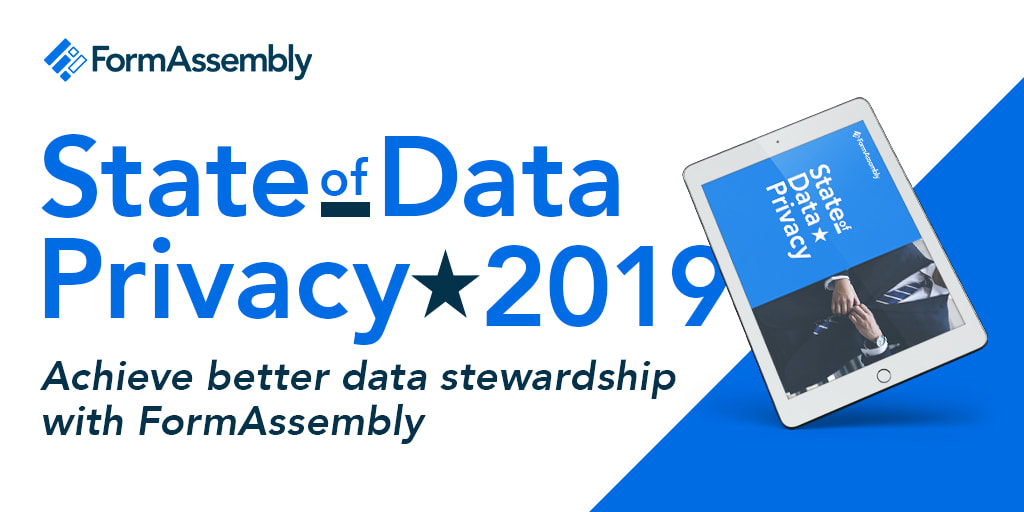ADVANCED ON PURPOSEAn educational blog with purposeful content. We welcome open and polite dialogue, and expect any comments you leave to be respectful. Thanks! Archives
May 2023
Categories
All
|
Back to Blog
A Review of GDPR and CCPA12/9/2019 5 MIN READ This article is the 2nd in a series. Read the introduction article: "Why Data Privacy Matters." So you know what your data looks like. You know what it is used for. You have a sense of who touches it and who uses it. Now what? Now, you educate yourself on data privacy. If you have data, you need to protect it. I had the opportunity to speak to this on a webinar hosted by FormAssembly on August 21, 2019. I joined Maggie Tharp at FormAssembly to talk about the data privacy landscape in 2019, and evolving regulations and best practices. Check out the Webinar Recap: California Privacy and How It Affects You. On the webinar, Maggie and I discussed The General Data Protection Regulation (GDPR) as well as the California Consumer Privacy Act (CCPA) which will go into effect on January 1, 2020. As FormAssembly’s guest presenter, I spoke to the implications for nonprofit and educational organizations who may not have people or processes in place to specifically track data privacy and how it impacts organizations. In my Webinar Recap, I share some key insights that I shared on the webinar. As a follow up to their Data Privacy Deep Dive Webinar Series, FormAssembly recently published their white paper, State of Data Privacy in 2019. In this guide, they talk about the data privacy landscape in the United States, the new data privacy laws in other U.S. states, where businesses stand, and tips on better data stewardship. A realistic next step to prepare for CCPA is to have a discussion with the relevant leaders of your organization and determine your level of preparedness. Review FormAssembly’s white paper, State of Data Privacy in 2019 and give your organization a rating of Very Prepared, Prepared, Somewhat Prepared, or Not Prepared. Depending on what your team decides, make a plan to move your team to Prepared or Very Prepared. I’d like to share some highlights from the guide, and weave in some of my own best practices. These tips come from working with small to large, local to virtual organizations across California in developing and implementing data privacy business processes and protocols.
Read my next article “How You Can Protect Your Data” (under construction) for more tips and tricks to manage and protect your data. Want support developing a data governance strategy? Data governance helps organizations manage their stakeholder data and protect it from being abused, stolen, or lost. AdvancED can help you design an effective data governance strategy that will describe the steps to analyze, secure, store, and manage your organization’s stakeholder data. Schedule your free 20-min consultation now. Related articles
About Author: Meredith "Mer" Curry Mer has always had a passion for education and helping historically underrepresented groups achieve access and success to higher opportunities. She has consulted nonprofits, educational institutions, and businesses in addition to her volunteerism and mentorship of students.
Learn more about Mer at www.meredithcurry.com.
0 Comments
Read More
Leave a Reply. |
Photo from CityofStPete

 RSS Feed
RSS Feed



